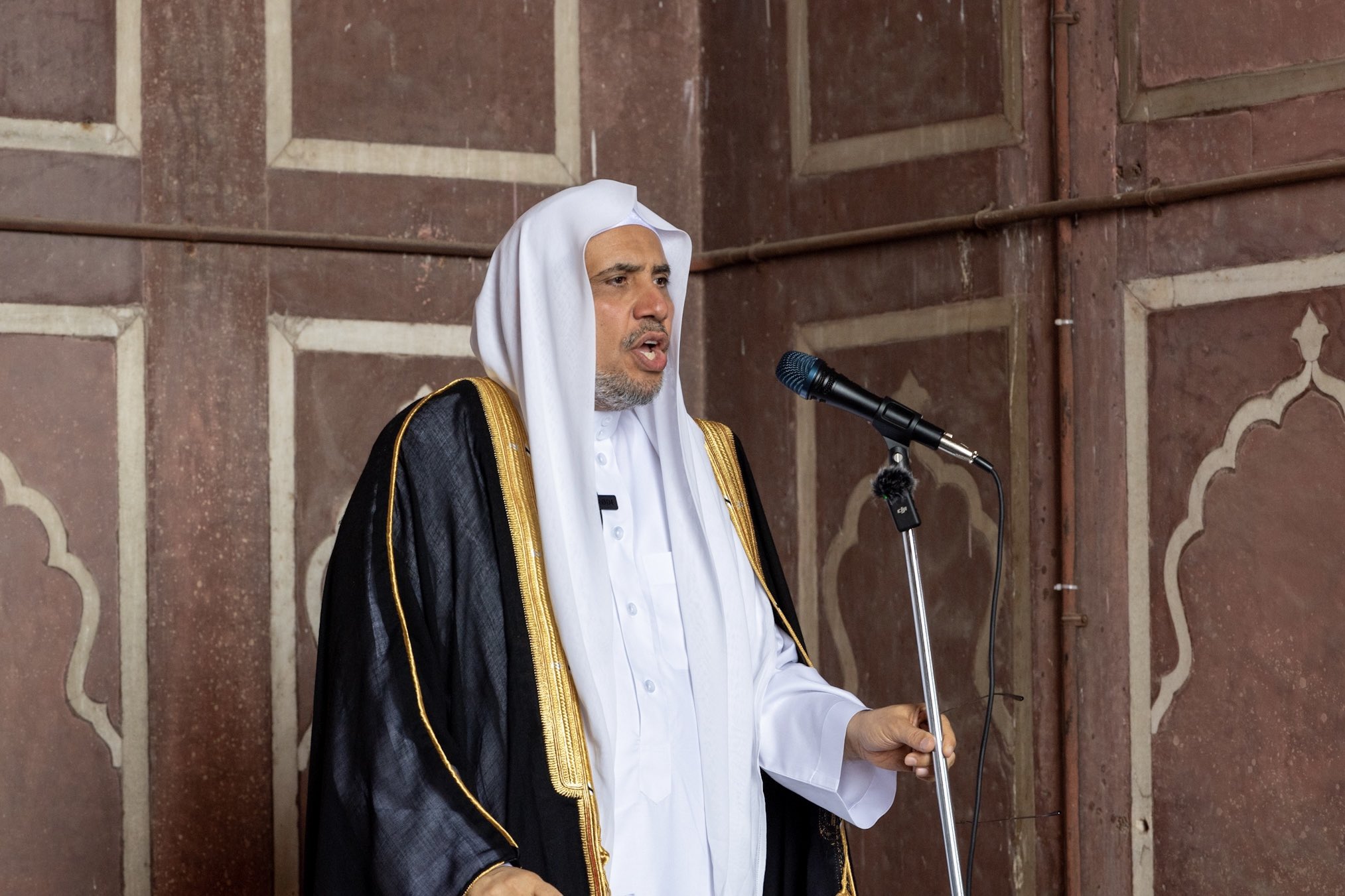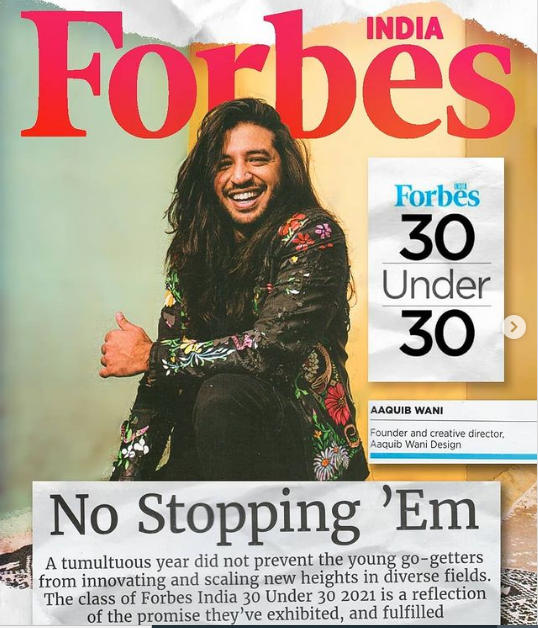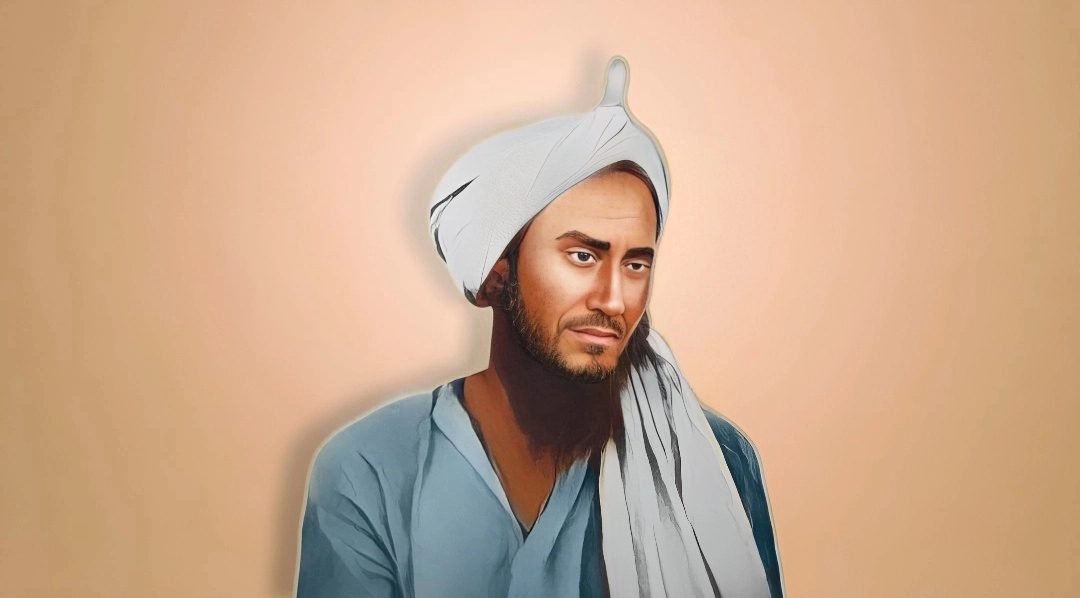
Meaning of Dr al-Issa’s visit for Islam, India and Muslim youth
Dr Shujaat Ali Quadri
Dr Muhammad bin Abdulkarim al-Issa, powerful Secretary General of World Muslim League, completed his very successful 6-day visit to India last week. The success of his rigorous tour doesn’t lie in the fact that he was treated as a high-profile Saudi guest and met the PM and President, it’s rather emitting of his message of Islamic moderation for the youth of India, especially those associated with Islamic institutions and learning.
He led Friday prayers and read khutba at the historic Jama Masjid in Old Delhi. He emphatically made it clear that Islam has no place for extremism and people who tread the path of violence will be defeated.
Dr al-Issa exhorted young Muslims to adopt an immaculate and honest character. “Islam doesn’t like people who are hypocrites. Good character is paramount in the eyes of Islam. Muslims thus must reflect this teaching and their behaviour should always be refined. They have to treat their fellow Muslim and non-Muslim brethren with the utmost degree of courtesy and kindness,” he said.
He also reminded youth that Islam places utmost importance for geography and diversity of people. “It can never be ground for hatred,” he made it clear.
Dr al-Issa also made similar observations when he addressed crowds of young and old audiences at India Islamic Cultural Centre and Vivekananda International Foundation. He lauded Indian democracy and Indian Constitution.
Dr al-Issa exhorted Indian leadership to come forward and make the process of inter-religious bridge-building a success. He said that his experiences of meeting with Indian leadership have made him vow to the guiding principles of the country. “I salute the democracy of India and its Constitution from the core of my heart. I am sure the Indian wisdom of tolerance and harmony will prove its utility and we will see its fruits in future,” he said.
In a tone of chastisement, he admitted that certain Islamist organisations have in the past published “toxic literature” that has misguided the Muslim youth.
Elaborating on his ideas on the toxicity of certain extremist literature, he said that some books were written with specific purpose to generate hatred and ill will for people of other faiths and civilisations. “Young generation sadly picked up these negative thoughts because of unfiltered upbringing. We have to ensure that our future generations are inculcated right and inclusive thoughts right from childhood,” he said.
He also hinted that the thoughts communicated by books with “toxic content” found recipients in schools, colleges, madrasas and universities.
He said that the world (he perhaps referred to the Islamic world) erred and failed to prevent the spread of radical thoughts right in the beginning. “Now, we have to take clinical action to stop the march of such dangerous thoughts and the best medicine is to usher in a mission to establish interfaith dialogue,” he said.
‘No holds barred message’
Dr al-Issa’s visit and his “no-holds barred message” to Indians weigh highly in the context of how his tour was planned and how he communicated his message. His visit came when there has been concern about the condition of Muslims under the BJP-led government.
Besides addressing various gatherings, he met a number of Muslim scholars and religious personalities, coming from all sects. Some of them who met him said that he asked them to help create an environment of harmony in the country and that “concern on Indian Muslims” had been communicated to the government.
The persecution of Muslims has been an area of grave concern for the Central government as well because there have been fears that some extremist organisations will exploit gullible youth in its pretext. Dr al-Issa’s visit would have helped quell such concerns.
Despite Saudi Arabia’s poor record on upholding genuine Muslim concerns in recent years, the voice of Saudi royals and senior clerics is considered credible in the Muslim world. Thus, Dr al-Issa’s insistence to trust Indian democracy and Constitution and that India is a sound place for Muslims means that this message will percolate to the Muslim masses, especially among the youth.
Similarly, another important takeaway from Dr al-Issa’s visit is that the World Muslim League, that has been funding several Muslim organisations in India, has made it clear that it will okay funds for any project in India only after “meticulous scrutiny”. It means a number of mosques and madrasas that used to mushroom all over the country with Saudi funding will come down.
One important contour of Dr al-Issa’s message to Muslim religious leaders in India was to mitigate sectarianism as it affects mentality of youth and turn them against youth of the other sect. During his meeting with Muslim scholars, he told them that all mobile phone chargers are charged with the same electricity, why don’t all Muslims get charged and inspired by the same Islam? Why do distances exist among sects?
Dr al-Issa’s words will echo in the ears of Muslims for long, and if they are obeyed properly, it will bode well for both Islam and India.

